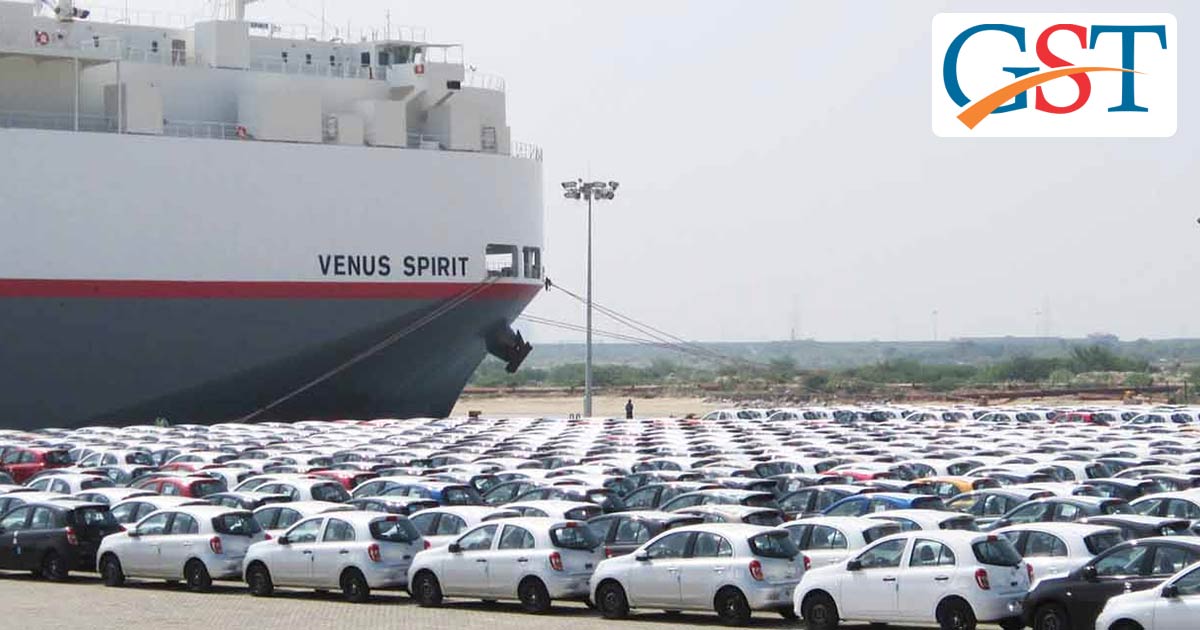The domestic sales for passenger automobile vehicles have grown by leaps and bounds. However, the export figures for passenger vehicles are in sharp contrast to those of the domestic sales. A major reason for this is the Goods and Service Tax (GST). Under GST exporters get input tax refund. However, as per reports, Government has not made any GST fund of many Automobile Companies since the last four months.
As per the figures released by the Society of Indian Automobile Manufacturers (SIAM), the total number of passenger vehicles exported during FY 2017-18 (April to February) was 5,24,070units. This was a decrease of 3.48% from previous Fiscal years figure, during which 5,42,978 PV units were exported. The decline has been credited to the Central Government’s decision to implement GST in July last year.
Slow Export Market and Stagnant GST Refund
Siam’s DG Vishnu Mathur stated that GST refund was one of the major reasons for the fall in exports. This has brought huge pressure on the export of PV’s. He raised concerns over the operational efficiency of the GST Refund System. Rebates have completely stopped to 5 to 6 big companies. This has forced companies to reduce export volumes.
Further, India’s target export markets lack earlier enthusiasm. This coupled with the lacklustre refund procedure has crippled export.
Low Export Post GST Implementation
The companies who are primarily dependent on export are the once most harmed by the current GST mechanism. The export-oriented companies have to pay taxes and duty beforehand. Refunds have to be claimed later. The refund system suffers from operational glitches. But the refund claim is not working systemically. There are even such companies whose refunds are in the range of several hundred crore rupees.
Such companies suffer from day to day operational costs as well as pay for resources and labour. Automobile Companies are now starting to feel the heat and force take hard decisions over exports. AutoCar makers such as Ford India and Foxwagon India have refunds blocked in huge amounts. Volkswagen India has also been forced to clarify in a statement that if the GST mechanism continuous with refund delays, they might have to re-think about export.
The data released by SIAM clearly shows that the pre-GST period of 2017 witnessed a gradual and steady increase in exports.
Pre GST
- In April-June 2016, 1,58,770 PV units were exported
- October- December 2016: 1,62,103 units units exported
- January-March 2017: 1,82,473 units exported at the growth rate of 12.56 percent
- April-June 2017: 1,80,669 units exported at the growth rate of 13.79 percent
Post GST
- July-September 2017: 1,81,423 units exported, a 12.87 percent decline when compared to previous year’s figures of 2,08,223 units for the same period
- October-December 2017: 1,94,329 units exported, a 7.04 percent decline when compared to previous year’s figures of 2,09,041 units. units for the same period
Recommended: GST Impact on Buying and Selling Used Cars in India










